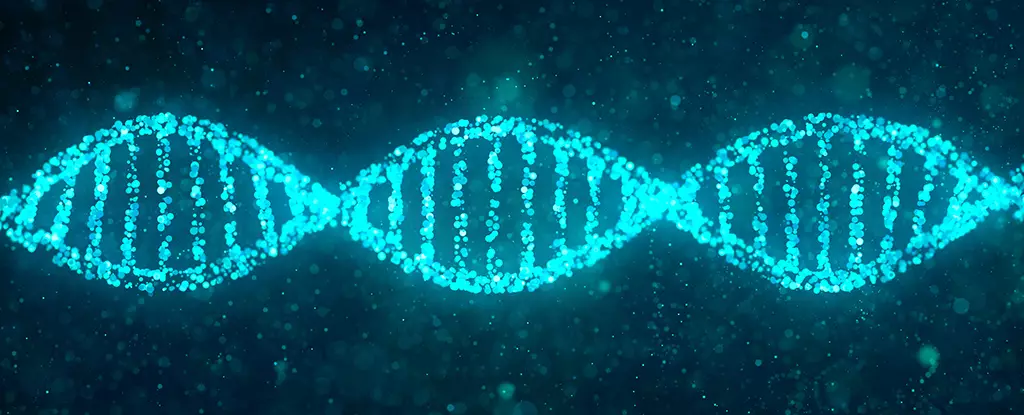Recent studies have significantly expanded our understanding of the complex genetic landscape that underpins cancer. Scientists have identified a plethora of genes potentially linked to cancer development, underscoring the notion that the disease stems from multifaceted genetic changes. Traditionally, research has focused on mutations—alterations in the DNA sequences that directly disrupt normal cell function. However, fresh insights from the Barcelona Institute of Science and Technology (BIST) introduce an innovative approach, exploring how processes like gene splicing may also play a pivotal role in cancer emergence.
At its core, cancer arises due to alterations affecting a cell’s ability to control its growth. The most well-documented mechanisms involve mutations in specific genes, leading to the activation of oncogenes or the inactivation of tumor suppressor genes. With over 600 such cancer-related genes identified, the challenge now lies in harnessing this knowledge for clinical applications. However, the study by BIST researchers shifts the focus from conventional mutation-driven models to include the realm of gene splicing, which refers to the process by which introns—the non-coding segments of DNA—are removed from the pre-mRNA to produce mature RNA that codes for proteins.
Leveraging computational tools, the researchers developed a tailored algorithm named “Spotter” to delve into genetic data with unmatched precision. This algorithm stands out by identifying not just mutated genes but also abnormalities in the splicing process that may lead to the creation of dysfunctional proteins. In their analysis, the team discovered an astonishing 813 gene variants that could potentially facilitate cancer growth by producing altered protein products. The implications of this discovery are profound, suggesting that the landscape of cancer-driving genes extends far beyond what was previously accepted and highlighting an entirely new class of potential therapeutic targets.
The exploration of splicing-related genes opens new avenues for treatment strategies. Unlike conventional oncogenes, which necessitate specific mutations for cancer progression, splicing abnormalities can occur even in genes that remain physically intact. This finding indicates that existing treatment modalities might be supplemented or complemented by therapies targeting gene splicing dynamics. Miquel Anglada-Girotto, a key researcher in this study, posits that accounting for these non-mutational mechanisms could potentially double the number of gene targets available for cancer treatments, amplifying our arsenal against this multifaceted disease.
Another remarkable aspect of this research is the potential for tailoring cancer treatments to individual patients based on their unique splicing patterns. Utilizing the Spotter algorithm, researchers found correlations between specific splicing events and variations in patient responses to treatment. This capability to predict how different individuals may react to the same therapeutic regimen is a significant leap towards personalized medicine, where therapies can be customized for optimal efficacy. As the field moves closer to harnessing this information, the distinction between one-size-fits-all approaches and individualized therapies could reshape oncology.
Although the findings from BIST are groundbreaking, several challenges remain before the practical application of splicing-based therapies becomes feasible. A critical area lies in the need for extensive validation of these splicing events in clinical environments to ascertain their true impact on cancer progression and treatment outcomes. Moreover, as researchers continue to refine algorithms like Spotter, ensuring their accuracy and reliability will be paramount to establishing a new standard in cancer diagnostics and therapeutics.
The study from BIST heralds a new frontier in cancer research, shedding light on the intricate processes that underlie gene function and their implications in cancer development. By recognizing the importance of splicing in addition to traditional mutational analyses, we open pathways for discovering novel therapeutic targets that could eventually improve patient outcomes. As scientists gear up to explore this promising terrain, the horizon of cancer treatment continues to expand, offering renewed hope in the relentless fight against this formidable disease.


Leave a Reply